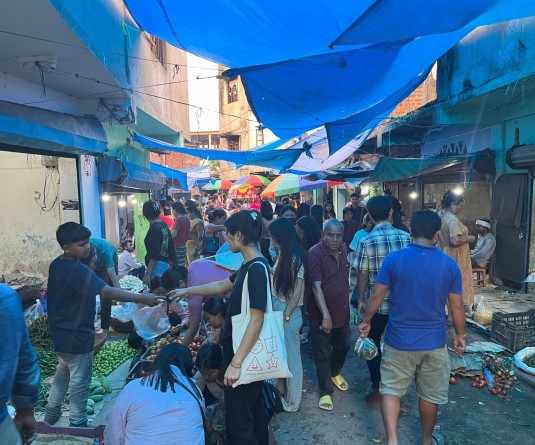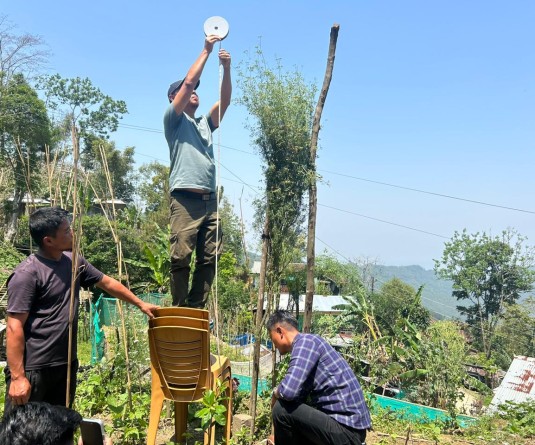
KOHIMA, MARCH 13 (MExN): The Department of Health and Family Welfare today issued a notice informed that the country including Nagaland has been observing a rising trend in Influenza like Illnesses and Severe Acute Respiratory Illnesses(ILI/SARI), commonly referred as Seasonal Flu.
The following factor such as inadequate attention to personal hygiene, sneezing and coughing without protection in close proximity of other people, closed door gathering, etc., contribute to increased transmission of viral respiratory pathogens like Influenza A (H1N1, H3N2, etc.) including COVID-19, a press release from the department stated.
The Integrated Disease Surveillance Program (IDSP/IHIP) of the Department of Health & Family Welfare is undertaking real time surveillance of cases of Influenza like illness (ILI) & Severe Acute Respiratory Infections (SARI). As per the Data available, there are 723 reported cases of Acute Respiratory Infections/ILI and 37 cases of SARI.
The department said that though, these reported cases have not been laboratory confirmed; a close watch is also kept on all hospital admissions with breathing difficulties. Additionally, thus far, the State has not reported any confirmed case of COVID-19 for the last 5 weeks. The last reported case of COVID-19 was on February 11, 2023.
While most of these pathogens typically cause mild and often self-limiting illness manifesting as acute respiratory infection with fever and cough, in some cases, particularly amongst young children, old age people, people with obesity and other co-morbidities (like chronic obstructive pulmonary disease, cardiovascular disease, chronic renal and liver disease, etc.) as well as pregnant women may suffer from more severe manifestation of these diseases requiring hospitalisation.
Therefore, in order to limit transmission of these diseases, the department said that the following needs to be adhered to: Respiratory and Hand Hygiene; covering one’s mouth and nose with tissue/handkerchief/elbow when coughing or sneezing; avoiding spitting in public places; use of mask in crowded environment; frequent hand washing; early reporting of symptoms to Health Care Workers to initiate early care and treatment; and limiting contact of those people who are suffering from respiratory illness.
DO’s and Don’t’s for Infection Prevention and Control
Do’s
Wash hands with soap and water.
Wear masks and avoid crowded places.
Cover mouth & nose while sneezing
Avoid touching eyes and nose.
Take plenty of fluids
Take Paracetamol for fever and bodyache.
Dont’s
Shake hands or use contact greetings.
Spit in public.
Take antibiotics or other medicines without consulting a doctor.
Eat together sitting close to others.




